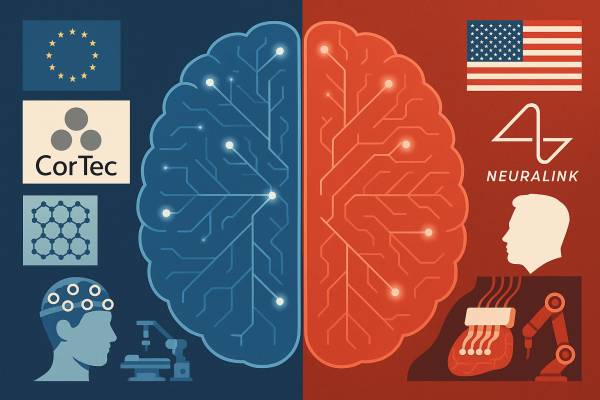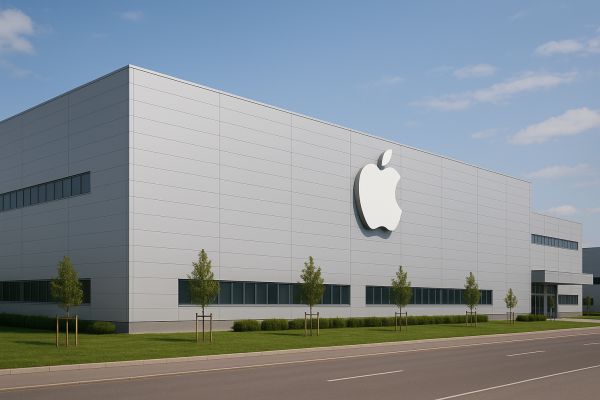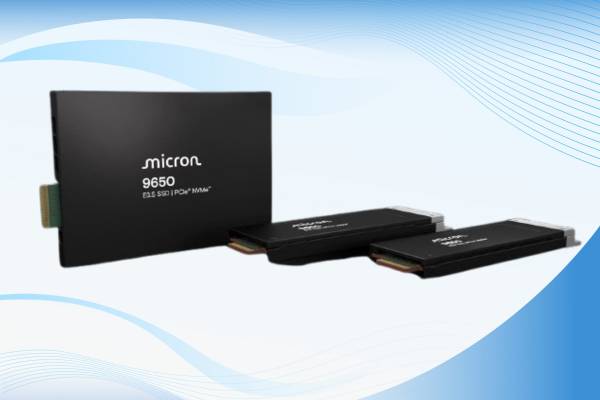Ericsson recently presented its strategic plans for 2025 at the Mobile World Congress 2025 (MWC25). These ideas are particularly intriguing as they demonstrate how artificial intelligence is being integrated into industrial processes that impact our daily lives—yet remain unnoticed as long as they function smoothly.
Strategic Elements
The presented strategy consists of multiple elements. Some measures involve long-planned solutions aimed at facilitating the centralized control of network components and enabling a faster response to load variations. However, alongside these, new and innovative approaches are also introduced, such as automated fault resolution and predictive maintenance.
Automated Fault Resolution and Predictive Maintenance
Ericsson claims to have developed an artificial intelligence system that continuously monitors network conditions and can predict potential issues. As a result, maintenance teams can intervene before a failure occurs. This solution not only enhances the company's internal operations but also envisions a future in which unexpected outages become significantly rarer, and self-adaptive systems—currently considered science fiction—become a reality.
Network Traffic Optimization and Energy Efficiency
Another exciting application of artificial intelligence is network traffic optimization. The machine learning algorithms Ericsson plans to implement will be capable of dynamically managing data traffic to ensure smooth and fast communication, even during peak periods. Additionally, these algorithms will optimize power consumption by dynamically allocating resources based on network demand.
The widespread adoption of such technologies could have a significant impact on global energy consumption, contributing to a cleaner and more energy-efficient environment. According to Ericsson, this could pave the way for environmentally friendly solutions, such as advanced cooling systems that rely extensively on alternative energy sources like solar or wind power.
















